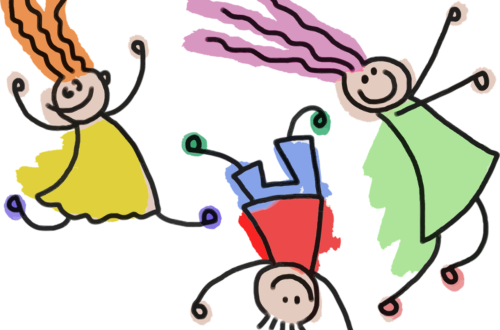
Why Hire a Coach When There Are So Many Books, Podcasts?
It will be almost impossible to find someone who hasn’t read a self-help book, listened to a podcast, watched a TED talk, or any other YouTube videos that tell you how to improve your productivity and wellbeing, so on. I do have some of my favorites, giving me ideas, insights, and validations. One might ask, why would someone work with a coach when all such advice is already available?
The short answer is, they are not mutually exclusive. One does not replace the other – both are useful. Reading books, listening to a podcast helps our overall awareness, we learn a thing or two. And there are times we need a focused effort to work on a challenge, a big transition, a demanding role when we need a sounding board; we need someone who would listen and help us make sense of things and be a thought partner to move us through the stuck moments – a coach.
Coaching is most useful when we want a customized, meaningful, and sustainable solution that our life situation (professional, personal, and social) demands.
Example Outcomes from Coaching Engagements
Here are two examples of how my clients experienced the value of coaching:
Client Story 1
I used to think that the only way to take care of myself is to go to the gym or run on a treadmill. I did not enjoy any of those. My coach helped me to come up with a few ideas that I enjoy doing. I now got better at taking care of my wellbeing; thus, I am more creative and effective at work. Conflicts, disagreements used to drain my energy, so I avoided them. It was not helping my morale or my career. I now got a better grasp of handling conflict situations by managing my emotional reactions instead of getting overwhelmed. I am more aware of what gives me joy and what drains me. These days I manage my time and energy more effectively, and as a result, I am happier and more productive.
– A Software Engineering Professional
Client Story 2
For a long time, I had this challenge. Whenever I shared disagreements at my work, I created conflict with others. Since I am passionate about the product and the process, I got things done this way; but in the process, it hurt others, and I felt sad afterward. I didn’t know any other way. In the last few months, I learned how to recognize my emotional attachments as they show up in real-time in my body. It helps me to regulate the emotions and break that cycle of being hooked and getting carried away. I now can choose a more objective way to convey my message without hurting anyone’s feelings. My effectiveness and wellbeing have improved significantly. I also got a job promotion offer.
– A Technology Product Manager
What Happens Inside a Coaching Session?
In the examples above, I shared the outcomes of several months of coaching engagements. During a typical session, the client brought a challenging situation(triggers) relevant to them. We explored it; we went more in-depth on their emotional experience, which helped them understand their reaction to those triggers. Occasionally, I observed the client’s behavior in real-time as it emerged; I paused and invited them to notice their internal experience at the moment. Those exploration and in-the-moment feedback gave the client insight about their inner operating systems (in software speak, “runtime data“). Such candid sharing was possible because of the trust and safety we created in our working relationship.
Definition of Coaching, Finding and Hiring a Coach
The International Coaching Federation (ICF) defines coaching as partnering with clients in a thought-provoking and creative process that inspires them to maximize their personal and professional potential. Coaching is especially useful for those who are highly motivated and are open to experimenting and feedback. From an adult development perspective, coaching increases one’s capacities to understand complexities using a bigger lens.
Being a professional coach myself, I have a coach who helps me stay on track on the bigger purpose even those days I get bogged down by so many disappointments. She is my sounding board and a thought partner who helps me make better decisions when I don’t see a path forward. Most of the certified coaches are highly competent and committed to their work. And yet not everyone would be your cup of tea. The coach’s niche, coaching style, personal preference, all play a role. I recommend talking to a few coaches before selecting one. You may even ask for a sample coaching session when interviewing a coach. If you don’t know where to start, ICF’s Find a coach could be a good place. The question of “good fit” works both ways. I usually refer to another coach from my ICF network when a prospective client reaches out, and I am not the right coach for them.
Hiring a coach is not inexpensive, but it is a good investment if you are navigating a significant role, running your business, or going through a significant life challenge. A coach lends their brain so you can think through things in a non-judgmental, safe environment; find solutions to your challenges. Your coach supports you all through the process, so you feel someone has your back. Having a coach makes your journey more conscious and leads to an outcome that is hard to imagine when you go alone.




